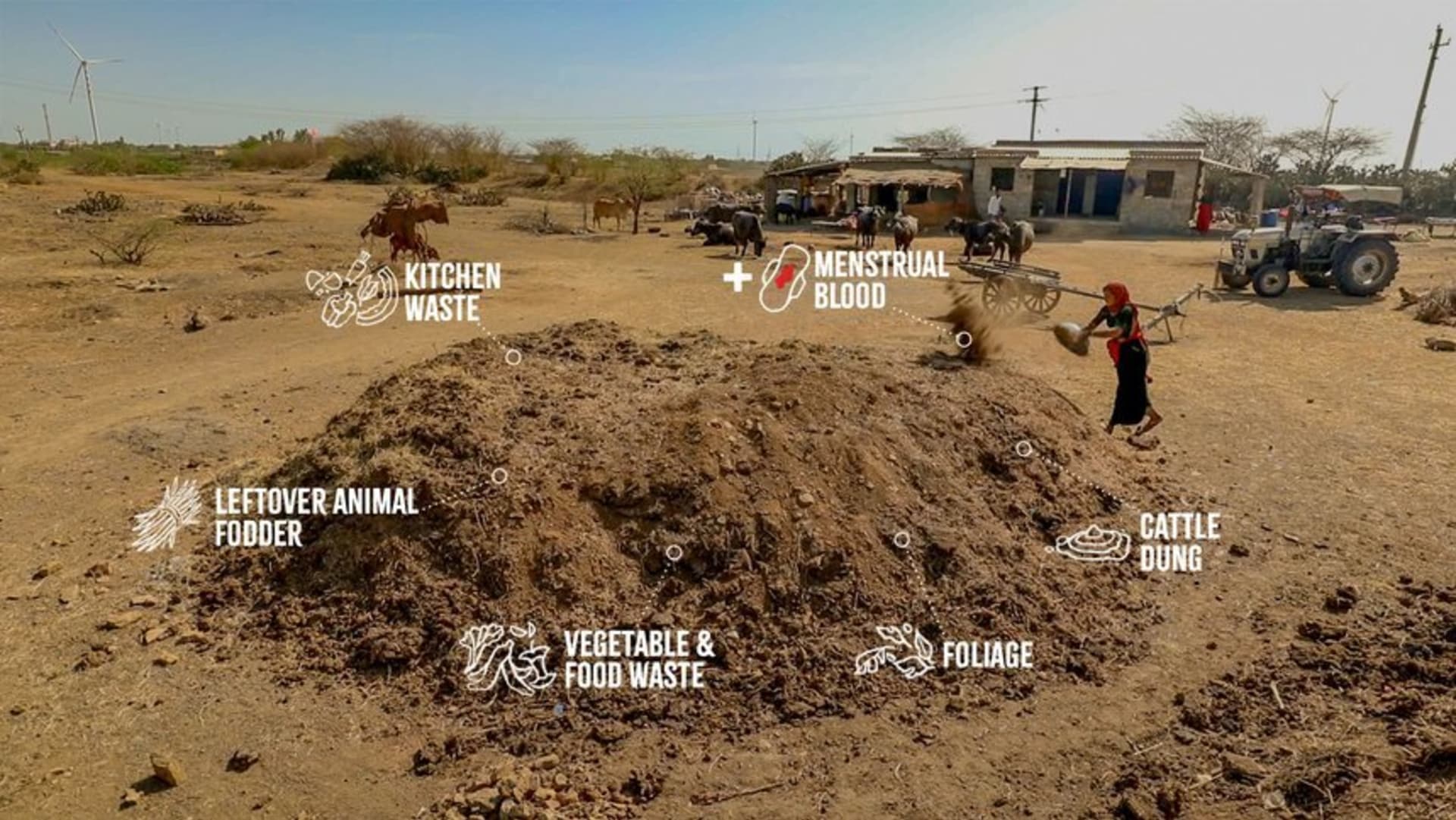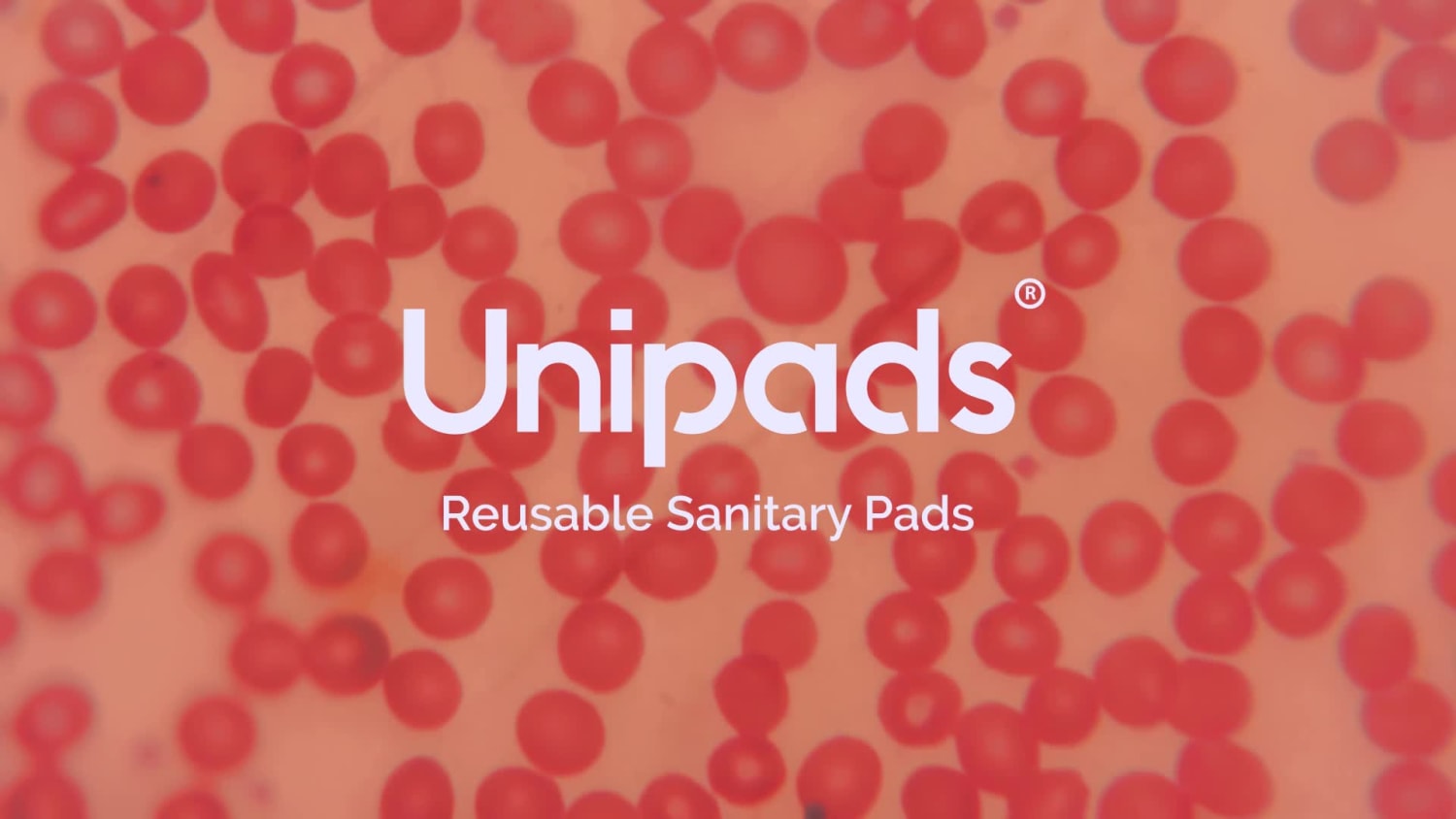How often is a product used after its lifecycle to engage and create awareness? The brand's product, the sanitary pad, is often used and discreetly discarded due to the taboo surrounding menstruation in India.
Unipads leveraged the afterlife of its product to engage and involve the entire community by encouraging women to dispose used sanitary pads with menstrual blood in compost pits called 'Ukedas.'
This initiative transformed every compost pit in the village into a medium of education, leading to discussions around the benefits of menstrual blood. Farmers in these communities then used blood fertilizer to grow crops in farms.



